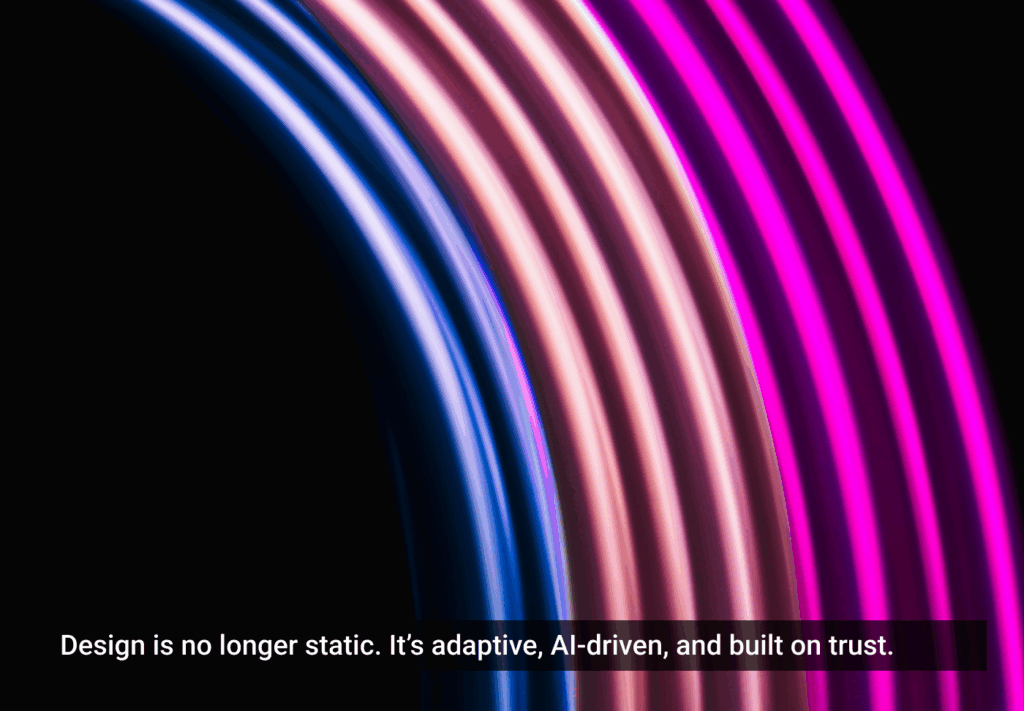One question I’ve been thinking about is this:
If your business is creating insights about other people, should you have good self-insight or self-awareness?
Here’s a rather stunning and yet completely expected data point from Tasha Eurich, author of the book “Insight: Why We’re Not as Self-Aware as We Think, and How Seeing Ourselves Clearly Helps Us Succeed at Work and in Life“
“In our nearly five-year research program on the subject, we’ve discovered that although 95% of people think they’re self-aware, only 10 to 15% actually are.”
This sounds like the corollary to the Dunning-Kruger effect, a cognitive bias where people overestimate their intelligence or abilities.
I’ve done a lot of design research over the years, and one thing that has become clearer and clearer over time is that people think of themselves as acting in rational and logical ways almost all the time and yet that is seldom the case. I’ve also come to understand, over time, to minimize my own biases and impacts on the qualitative research I’ve done. We researchers have the power to impact the answers we get through confirmation bias, among others, and it’s really hard to have the self-insight to understand that you, as a design researcher, are unintentionally steering your interviewee’s behavior.
The hard work of doing great design should include a high-level of self-awareness if we want to unleash the collaborative power of design and innovation. We understand people, who we might impact, and we create with others, who we definitely impact, in ways that might negatively affect our work.
And yet, I’ve met and worked with a lot of designers over the years who…
- describe themselves as great listeners who never stop talking and rarely ask questions,
- have leading positions of power who reject any notion of their own power and privilege,
- talk endlessly about empathy but are completely oblivious to their own biases and illogical behavior.
In short, designers are just like every other human being!
But we tend to claim a higher plane, one of understanding, empathy, and innovation. So, we need to do better.
How do we get better? This quote drives a lot of my research techniques working with customers, but it probably needs a higher relevance when working internally with other designers:
“Research has shown that we simply do not have access to many of the unconscious thoughts, feelings, and motives we’re searching for. And because so much is trapped outside of our conscious awareness, we tend to invent answers that feel true but are often wrong.”
In most of my qualitative interview guides, I always ask people to share what they’ve actually done rather than share their analysis of what they’ve done because we humans are typically pretty bad at analyzing ourselves.
We designers have some work to do.
I was lucky to have worked with some great Gestalt coaches, who all became some of my best friends. One thing I learned is that those coaches needed to go through their own intense internal journey before they were able to help others.
I suggest that designers need to do the same: we need training and programs on self-insight and self-awareness before we start analyzing and postulating insights about others.
The other thing I learned was the hard work of my own self-insight, still not complete, still not anywhere near perfect, but a lot further along than I was before. It was both scary and rewarding, a bit depressing but mostly uplifting. And that work continues.
In the New Testament, Luke writes that Jesus says, “Physician, heal thyself.”
I think we need a new practice — “Designer, insight yourself.” (Suggestions, please?)
If we did that, I’m pretty confident that the level of our empathy work in our qualitative research would be much higher than it is today, which should lead to better people-centered results and innovation.
One little warning, though, is that higher self-awareness does not lead to greater job satisfaction or happiness. Rather, research shows that:
“People who report being more adjusted are those who have a combination of relatively lower true abilities and actual higher views of themselves…”
We might do a better job designing and innovating but we may not be happier, personally. What a conundrum!
Some researchers will probably do a study on happy vs. miserable designers and compare their actual work products. I hope not!
In the meantime, let’s start doing the hard work of working on ourselves. I’ll leave you with this quote from Harvard Business Review about how to hear some hard yet necessary truths about ourselves.
“…we found that people who improved their external self-awareness did so by seeking out feedback from loving critics — that is, people who have their best interests in mind and are willing to tell them the truth. To ensure they don’t overreact or overcorrect based on one person’s opinion, they also gut-check difficult or surprising feedback with others.”
Find a loving critic and start working with them. That’s a perfect description of my coaches.
Good luck!







